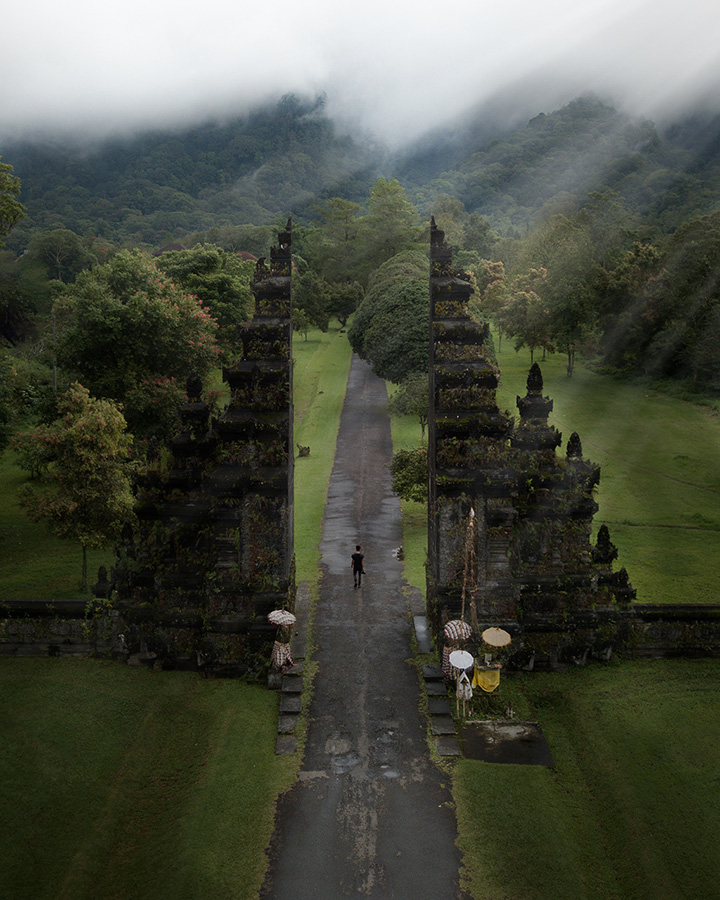
The Island of the Gods:
A True Cultural Phenomenon
Everyone seems to have heard of Bali. Yet really understanding “The Island of the Gods”? Well, that’s another thing altogether.
This is because Bali’s an enigma – in many ways. It’s a cultural phenomenon, renowned for its unique blend of tradition and modernity.
To begin to understand it, take stock of where it is geographically. The island – a province of Indonesia located in the westernmost end of the Lesser Sunda Islands – lies between Java to the west and Lombok to the east. Many people know that it’s just north of Western Australia. But far less realize that it’s just one of over 17,000 islands that comprise the sprawling archipelago of Indonesia.
Bali’s unique culture was formed by artists, leaders, and priests. Indeed, it is deeply rooted in religion, which was brought to the island by Hindu refugees from Java. Balinese culture is characterized by elaborate temple ceremonies, traditional music and dance, intricate carvings, and colorful offerings to the gods.
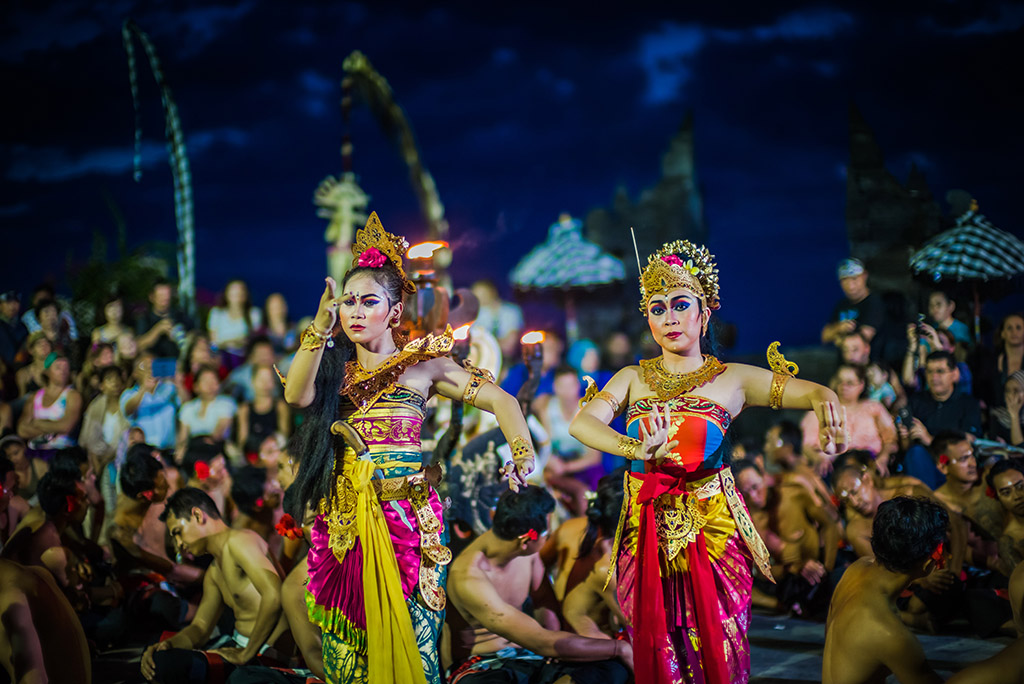
The Balinese people have a deep and complex relationship with their gods, which is rooted in their Hindu-Buddhist beliefs. Balinese Hinduism is a blend of ancient Indian Hinduism and indigenous animism, and it places a great emphasis on the relationship between humans and the gods.
The Balinese believe that the gods are present in all aspects of daily life, and they honor them through a variety of rituals and offerings. There are elaborate ceremonies for cremations, weddings, coming of age, ancestral spirit visits, animals, trees, objects like metal, and even tooth filing rituals to make humans less “animalistic”. Balinese temples, known as pura, are the center of religious life, and they are adorned with intricate carvings and sculptures that depict scenes from Hindu epics.
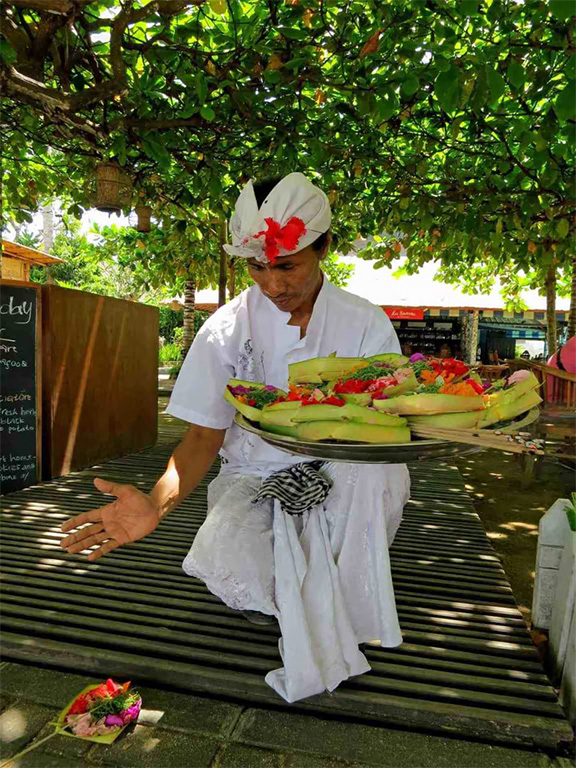
One of the most important Balinese rituals are daily offerings, known as canang sari. These offerings consist of flowers, rice, and other small items arranged in a palm leaf basket, and they are placed in front of homes, shops, and temples as a way of showing respect and gratitude to the gods.
Balinese people also celebrate a number of important festivals and ceremonies throughout the year, such as Galungan, which celebrates the victory of good over evil, and Nyepi, the Balinese New Year, which is a full 24 hours of silence and introspection. No electricity may be used, no cars or scooters operated, and everyone stays home during Nyepi, which takes place in March – or sometimes April. Even the airport shuts down for a full day, every year!
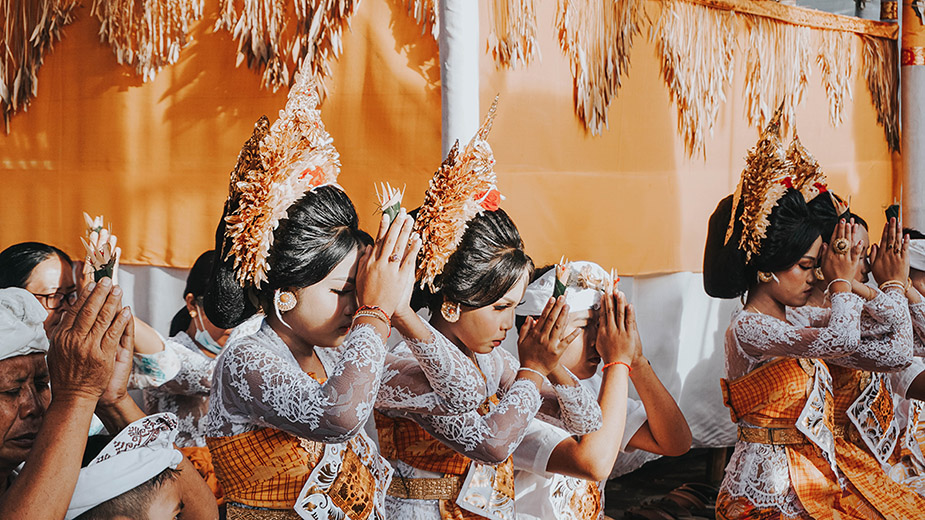
In addition to these rituals and ceremonies, the Balinese also believe in the power of holy men and women, known as priests and healers, who can communicate with the gods and perform rituals to help individuals and communities. These priests and healers are highly respected and play an important role in Balinese society.
Bali’s culture has also been influenced by its interactions with other cultures over the years, such as Chinese, Dutch, and Javanese. Bali has become a popular destination amongst world travelers, and yet the Balinese lifestyle has remained strong while simultaneously catering to a dynamic tourism industry. Often one aspect overwhelms the other, in other places in the world – but not in Bali!
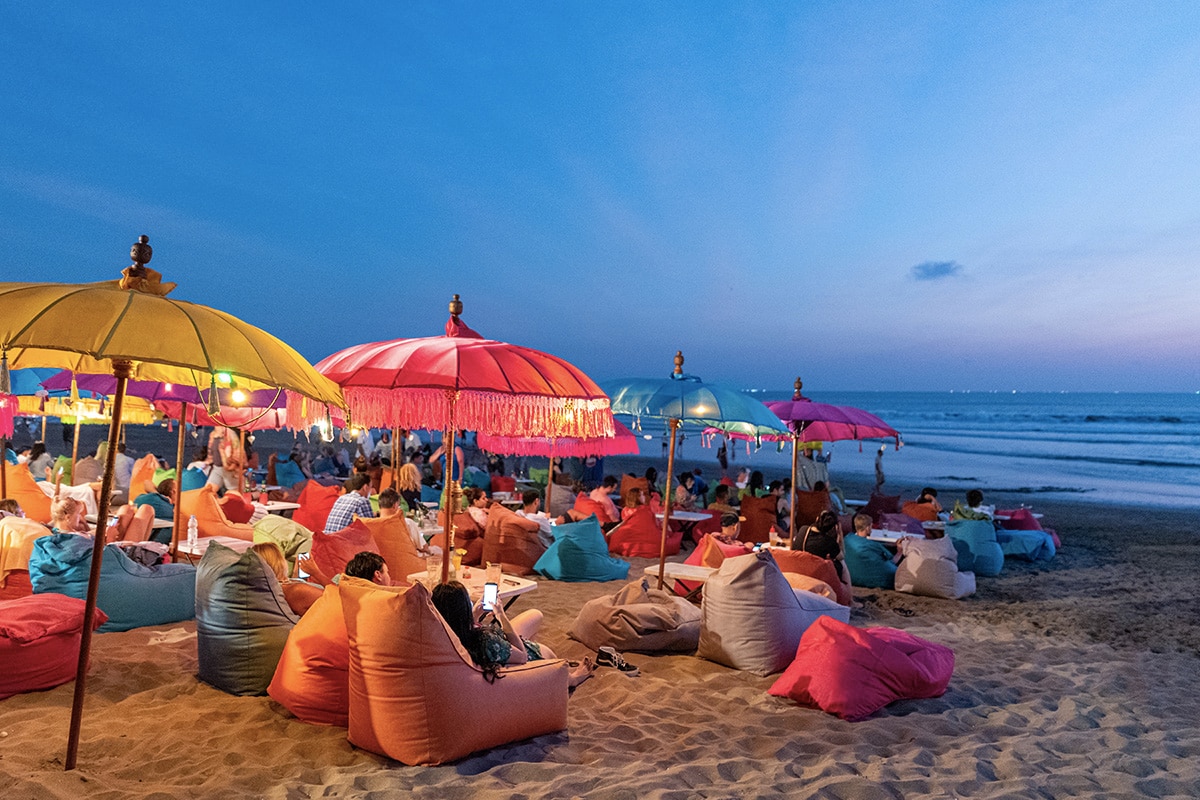
Balinese are proud of their unique cultural heritage and successfully preserve their traditions and customs in the face of modernization and globalization. Overall, Bali’s culture remains a fascinating and vibrant phenomenon, attracting visitors from all over the world who are eager to experience its beauty and charm.
The best way to really know Bali? Immerse yourself in the island by physically being there. Stimulate your senses, and have an experience unlike anything else on the planet!

